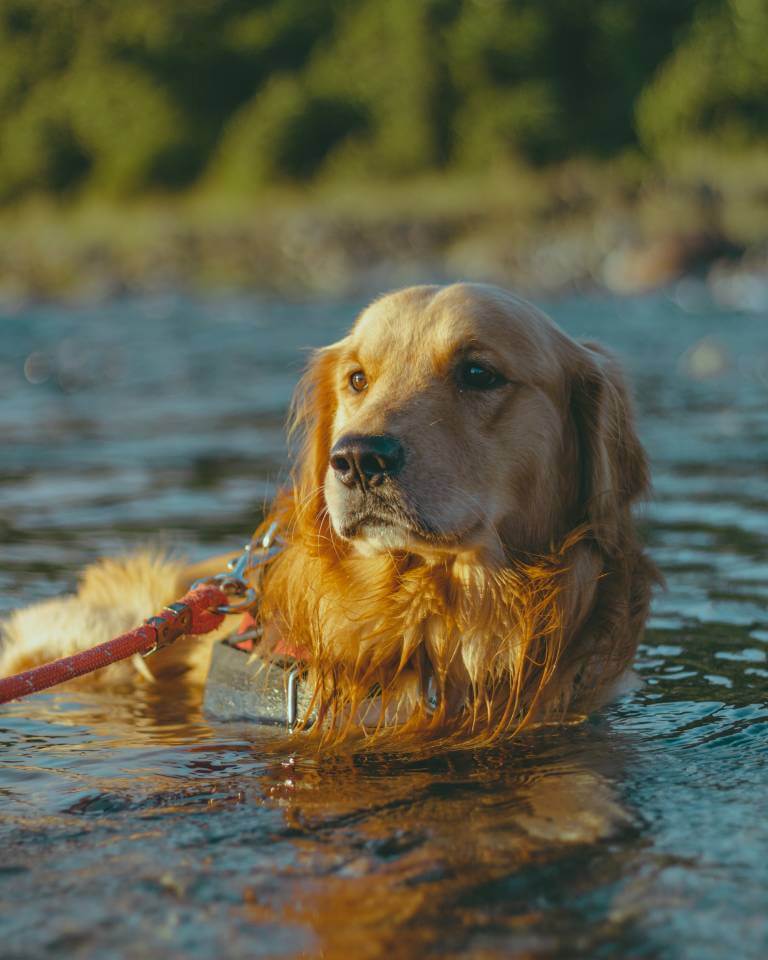Why Are African Wild Dogs Endangered?
Post Date:
December 10, 2024
(Date Last Modified: December 13, 2024)
One of the primary threats to the survival of African wild dogs is habitat loss. As human populations expand, they encroach upon the natural habitats where these animals roam. Urban development, agriculture, and infrastructure projects such as roads and railways fragment their living spaces, hindering their ability to hunt, breed, and thrive. This loss of habitat directly impacts population density and reduces their chances of survival. The areas where they once roamed freely are now replaced with farmland or urban environments, restricting their movement and access to prey.
Human-Wildlife Conflict
In addition to habitat loss, human-wildlife conflict significantly challenges African wild dogs. As their habitats shrink, these dogs often find themselves in closer proximity to livestock. This can lead to conflicts where wild dogs prey on domestic animals, resulting in retaliatory killings by farmers and ranchers. Such conflicts threaten the lives of individual dogs and foster a negative perception of the species among communities that depend on livestock for their livelihood. This cycle of conflict exacerbates their endangered status, creating a hostile environment for these magnificent creatures.
Infectious Diseases
Infectious diseases also contribute critically to the endangerment of African wild dogs. While they are social animals that rely on pack dynamics for hunting and protection, this social structure can make them vulnerable to disease outbreaks. Canine distemper virus and rabies are significant threats that can sweep through populations, leading to devastating mortality rates. In areas where vaccination programs for domestic dogs are inadequate, wild populations face increased risks from these diseases. The impact of disease on their numbers can be catastrophic, making it essential to address these health challenges.
Decline of Prey Species
The decline of prey species further affects the survival of African wild dogs. Ecosystem imbalances due to overhunting and habitat destruction diminish the availability of natural prey. Wild dogs rely on various ungulates for food, and when these populations decline, the dogs face starvation and decreased reproductive success. This situation creates a vicious cycle where reduced prey availability leads to even fewer wild dogs, further endangering the species. Conservation efforts must prioritize the protection of not only the dogs themselves but also the ecosystems they depend on.
Conservation Initiatives
Conservation initiatives are vital for addressing these challenges and promoting the recovery of African wild dog populations. Various organizations are working to establish protected areas that provide safe habitats for these animals. These reserves minimize human interference, allowing wild dogs to roam, hunt, and breed without the constant threat of habitat destruction and conflict. By fostering environments where these dogs can thrive, conservationists aim to stabilize and eventually increase their numbers.
Community Engagement
Successful conservation efforts hinge on community engagement. Educating local communities about the importance of African wild dogs and their role in the ecosystem can foster a more positive attitude towards these animals. Promoting coexistence strategies, such as compensation programs for livestock losses, helps communities appreciate the ecological value of wild dogs rather than viewing them solely as threats. Building this understanding is crucial for creating a sustainable future for both the dogs and the people who share their landscapes.
Research and Technological Advancements
Research plays a significant role in conservation strategies. By studying the behavior, genetics, and ecology of African wild dogs, scientists can develop targeted conservation plans that address their specific needs. This knowledge helps conservationists identify critical habitats, understand social structures, and monitor population dynamics. Data-driven decisions are essential for effective conservation efforts, and ongoing research is crucial to adapt strategies as conditions change.
Innovative conservation approaches also leverage technology. GPS collars and camera traps provide valuable insights into the movements and behaviors of African wild dogs. This information is crucial for understanding their range, hunting habits, and interactions with other species. By tracking their movements, conservationists can better protect their habitats and mitigate conflicts with human activity. Technology also aids in public awareness campaigns, allowing people to connect with the plight of these animals in real-time through social media and other platforms.
Reasons for Hope
Despite the numerous challenges facing African wild dogs, there are reasons for optimism. Many conservation organizations are dedicated to their survival, and collaborative efforts between governments, NGOs, and local communities are increasingly effective. Success stories from various regions demonstrate that with the right strategies and support, recovery is possible. In certain protected areas in southern Africa, African wild dog populations have rebounded due to effective management and community involvement.
Public awareness plays a critical role in the survival of African wild dogs. By sharing their story and educating people about the threats they face, action and support for conservation initiatives can be inspired. Wildlife documentaries, social media campaigns, and educational programs contribute to a broader understanding of why these animals are endangered and what can be done to help.
The plight of African wild dogs is a complex issue shaped by various factors, including habitat loss, human-wildlife conflict, disease, and prey depletion. Through concerted conservation efforts, community engagement, research, and technological advancements, hope remains for the future of this remarkable species. Protecting African wild dogs not only benefits them but also contributes to the health of their ecosystems, ensuring that these unique animals continue to roam the African landscapes for generations to come. Addressing the reasons behind their endangerment is essential for fostering a harmonious coexistence between humans and wildlife. Recognizing the value of African wild dogs and supporting conservation efforts can play a part in safeguarding their future.






